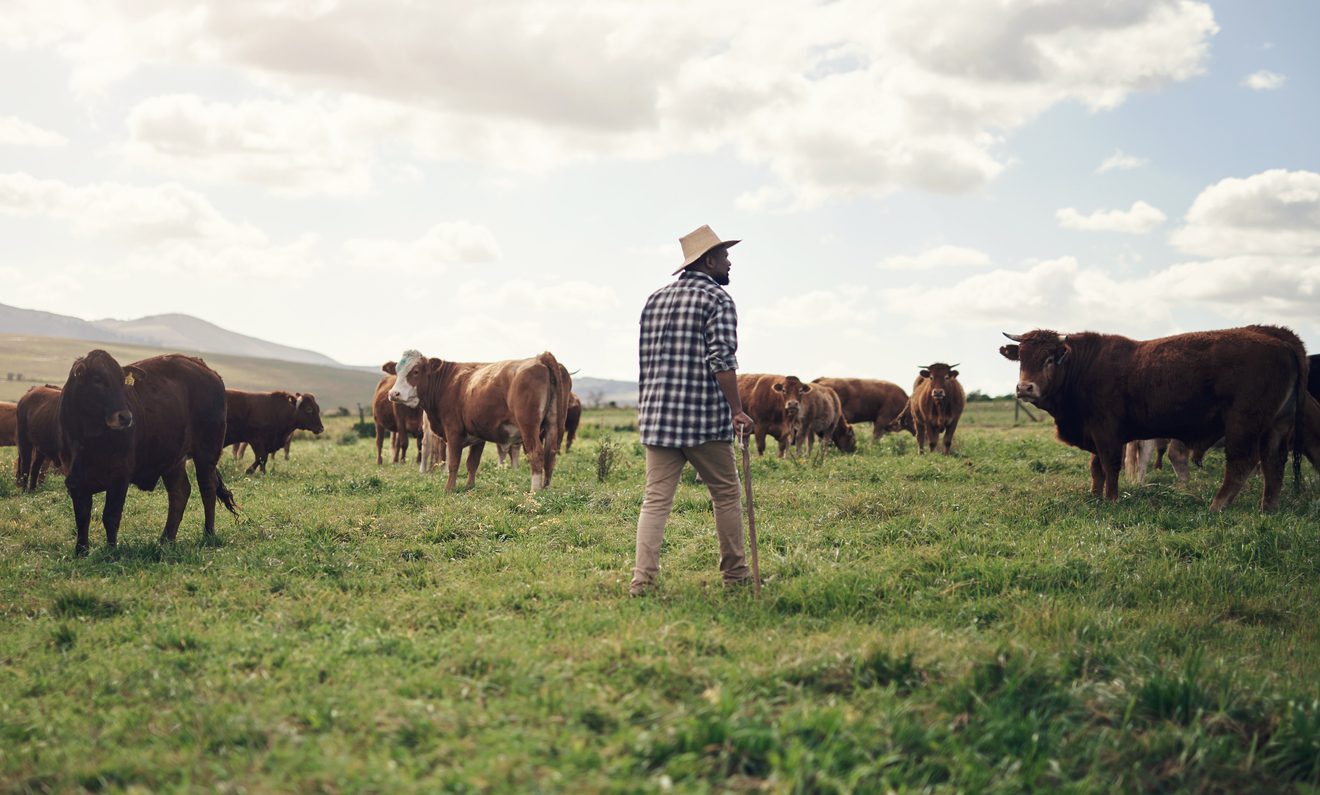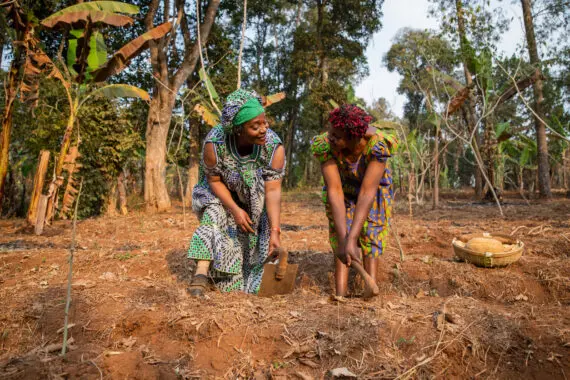“He is not here, for He has risen, just as He said. Come, see the place where He was lying.” Matthew 28:6
Christ Has Risen! Christ Has Risen Indeed!
One of my favorite Resurrection hymns is Christ the Lord Has Risen Today! Like Matthew 28:6, the melody and the words point not only to the glory of Jesus the Christ rising from the dead, but also to the realized promise of new life. It is because of this rising that verse four has special meaning:
Soar we now where Christ has led, Alleluia!
Following our exalted Head, Alleluia!
Made like Him, like Him we rise, Alleluia!
Ours the cross, the grave, the skies, Alleluia!”
“Made like Him, like Him we rise, Alleluia!” suggests that we have a role to play in not only testifying to Jesus’ resurrection, but also in living out a calling to be instruments of God’s grace—for all to rise to new life. This includes the ministry and mission of advocacy for those affected by hunger—that they may have new and renewed life.
Hunger denies life and denies God‘s promise of life for all. Studies have shown that food insecurity results in a wide range of physical and mental health problems and can be lethal.
Matthew 28:6 and the hymn tell us all are invited to rise to new life because Jesus has already risen for us! Therefore, we have power and grace to be living testimonies and agents of this new life. Bread for the World is committed to promoting and supporting policies and practices that promote this promise of new and renewed life.
This new and renewed life invites us to redress the historic inequities that have resulted in diminished life—and even death. One of these inequities is evident in the ownership of farmland. During the twentieth century, Black farmers were stripped of land and experienced crippling levels of discrimination when seeking government and private assistance. Did you know that Black farmers in the United States account for less than 2 percent of the total number of the nation’s farmers, according to the latest Census of Agriculture? Farmers of color account for less than 5 percent.
The loss of this farmland has contributed significantly to the racial wealth gap. Breaking this cycle of discrimination in farming is an important aspect to consider when advocating for the farm bill. There are provisions in this bill that promote equity, sustainability, and nutrition.
Bread’s Policy and Research Institute provides valuable details on how food is produced today and the value of the Farm Bill as an expression of God’s promise of life for all.
Go here to learn more about your role in advocating for new and renewed life by advocating for the Farm Bill.
Angelique Walker-Smith is senior associate for Pan African and Orthodox Church engagement at Bread for the World.



